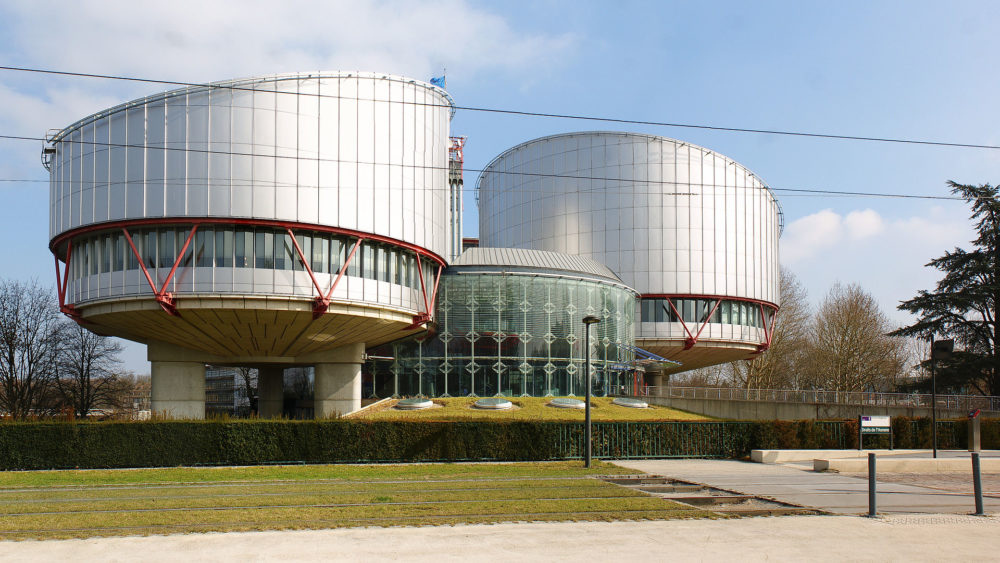Trigger warning: rape, forced abortion, forced sterilisation

The European Court of Human Rights condemned Moldova to pay damages to 3 women with intellectual disabilities who were repeatedly raped by the head doctor of the institution they were forced to live in. These rapes resulted in pregnancies that were covered up through forced abortions and sterilisations.
The persons were raped and became pregnant at various points between 1998 and 2007. They were then forced to have abortions and sterilisations. They lodged a criminal complaints that were dismissed by the Moldovan police. The prosecutor refused to open criminal proceedings on four occasions.
The doctor that raped them was only convicted in 2019. At that point, he was convicted of the rape of 16 women that were forced to live in the asylum. He was condemned to 15 years in prison and to pay 3.570 euros to one applicant and 2.550 euros to the other two.
The European Court of Human Rights found that:
- Authorities relied essentially on medical files without checking their accuracy;
- These failures led to the inability to uphold the applicants’ rights (and continued abuse);
- The Moldovan law failed to provide protection to women with disabilities living in institutions;
- It concluded that applicants’ versions of events were credible.
It subsequently ordered the Republic of Moldova to pay 30.000 euros to one applicant and 25.000 euros to the other two.
This case demonstrates that women with disabilities are disproportionately at risk of sexual violence in residential institutions – and that they suffer additional horrendous abuse to cover it up. It furthermore shows that existing legal protections are clearly insufficient – in Moldova and in many EU countries.
While we welcome the European Court of Human Rights judgement and its reasoning, we also believe that the amount of non-pecuniary damages is too low and does not reflect the horrendous suffering endured.
Read the summary of the judgement.
Facts of the case
- Applicants are referred to as G.M., T.M. and M.P.. They have intellectual disabilities and were institutionalised at the Bălți neuropsychiatric residential asylum
- All three were raped by the head doctor on several occasions and have fallen pregnant due to the rape. They were then subject to forced abortion and forced contraception (contraceptive coils against their consent)
- M. was forced to live in the asylum between 2002 and 2013. In November 2003, doctors learned she was 17-18 weeks pregnant. She alleged she was raped by F.S., one of the head doctors. She was sent to maternity on 3 December 2003, where her waters were broken and where she underwent a dilatation & curettage under anaesthetics. She didn’t have any children after that, and in 2014, an exam revealed an intrauterine contraceptive device.
- M. was forced to live in the asylum since 2001. In November 2007, doctors at the asylum discovered she was seven weeks pregnant. She was given a dilatation & curettage after she was taken to the hospital for what her asylum’s medical files states as “vaginal bleeding and abdominal pain due to a “spontaneous” abortion.” In 2014, a doctor extracted a contraceptive coil during a medical check-up.
- P was forced to live in the asylum from 1988 to 1998 and then from 2009 onwards. She became pregnant in 1998 after being raped by the head doctor and forced to have an abortion. She was then transferred to another institution. She submits she was subject to forced contraception. Medical files do not show any record of these procedures.